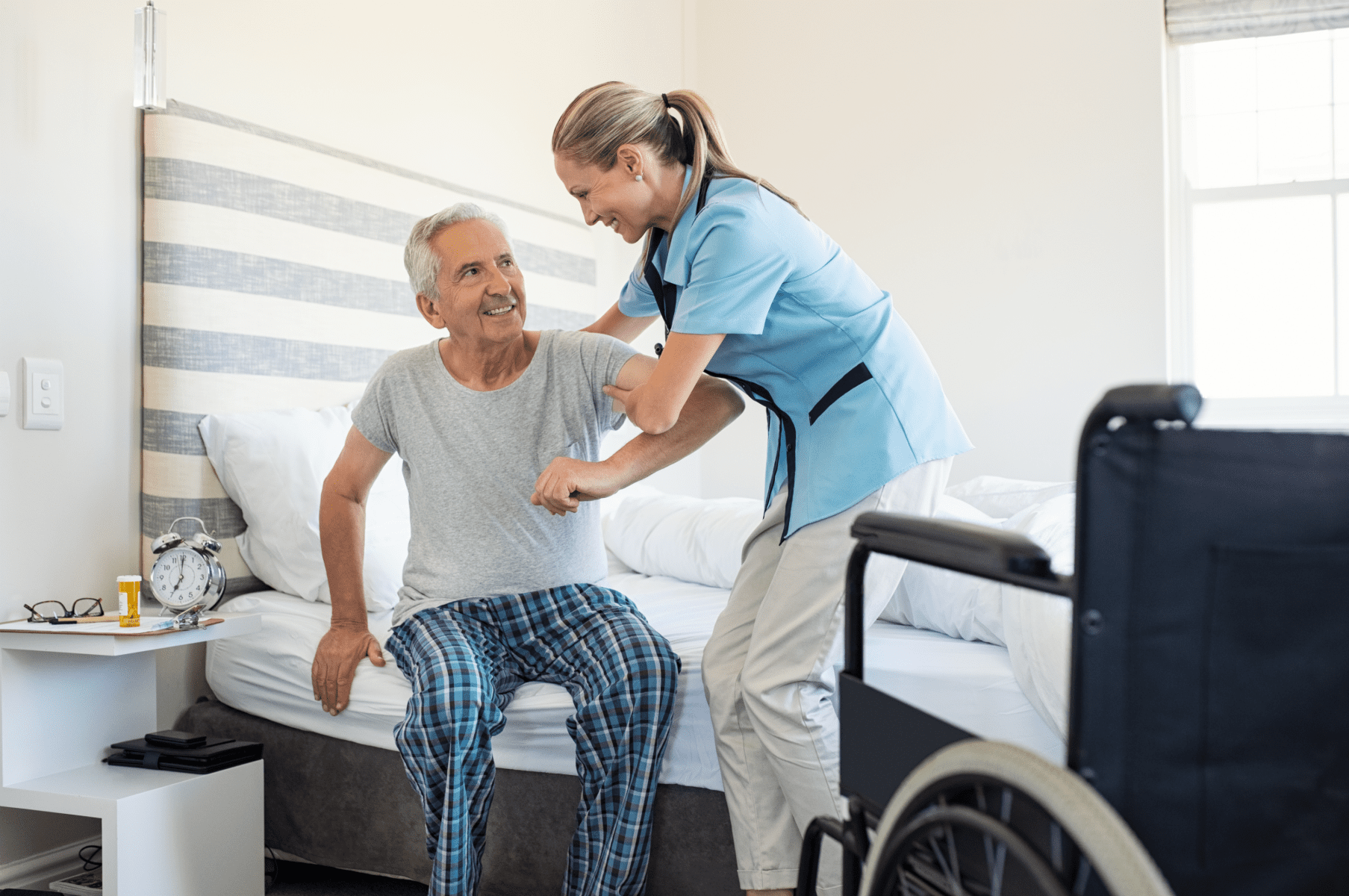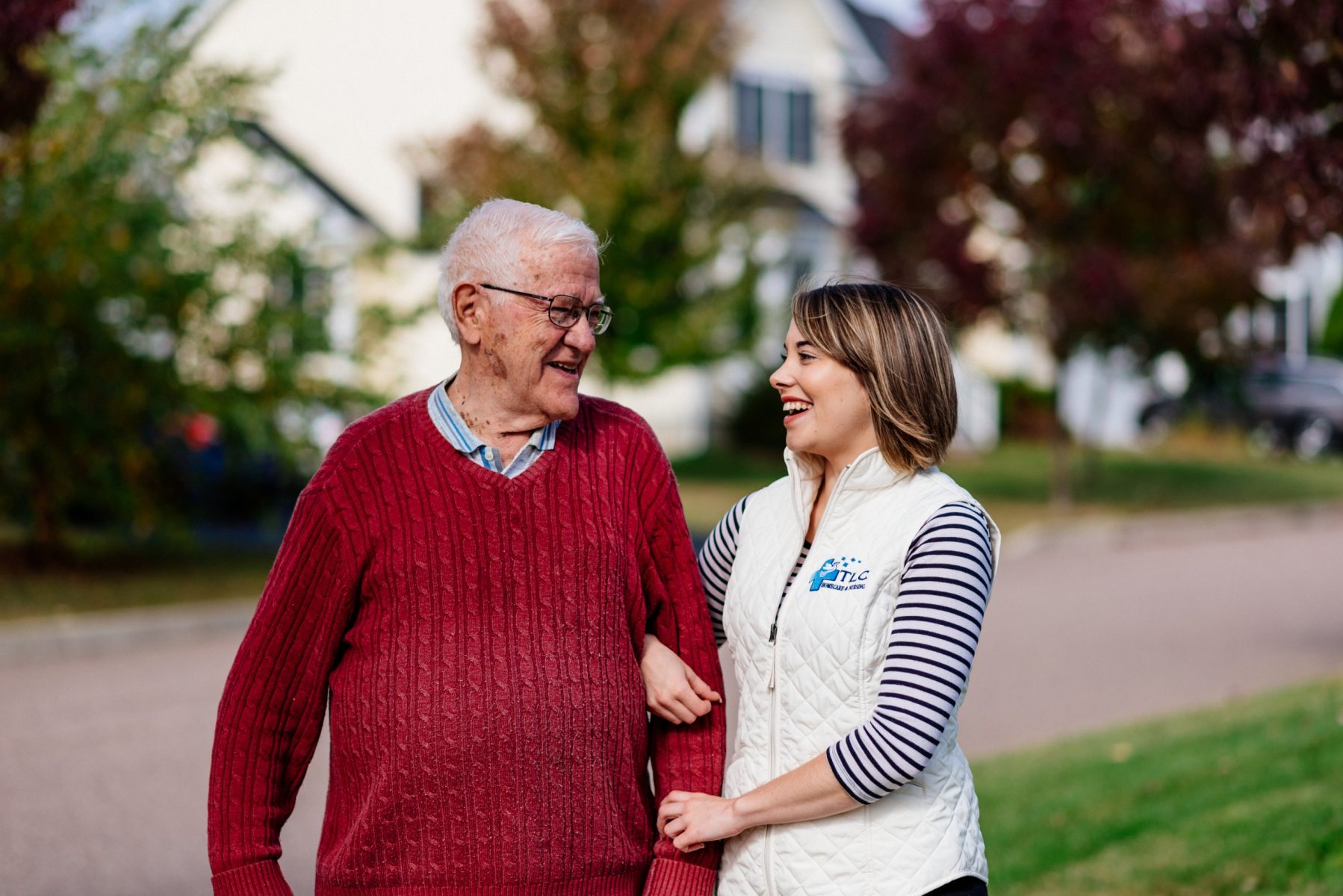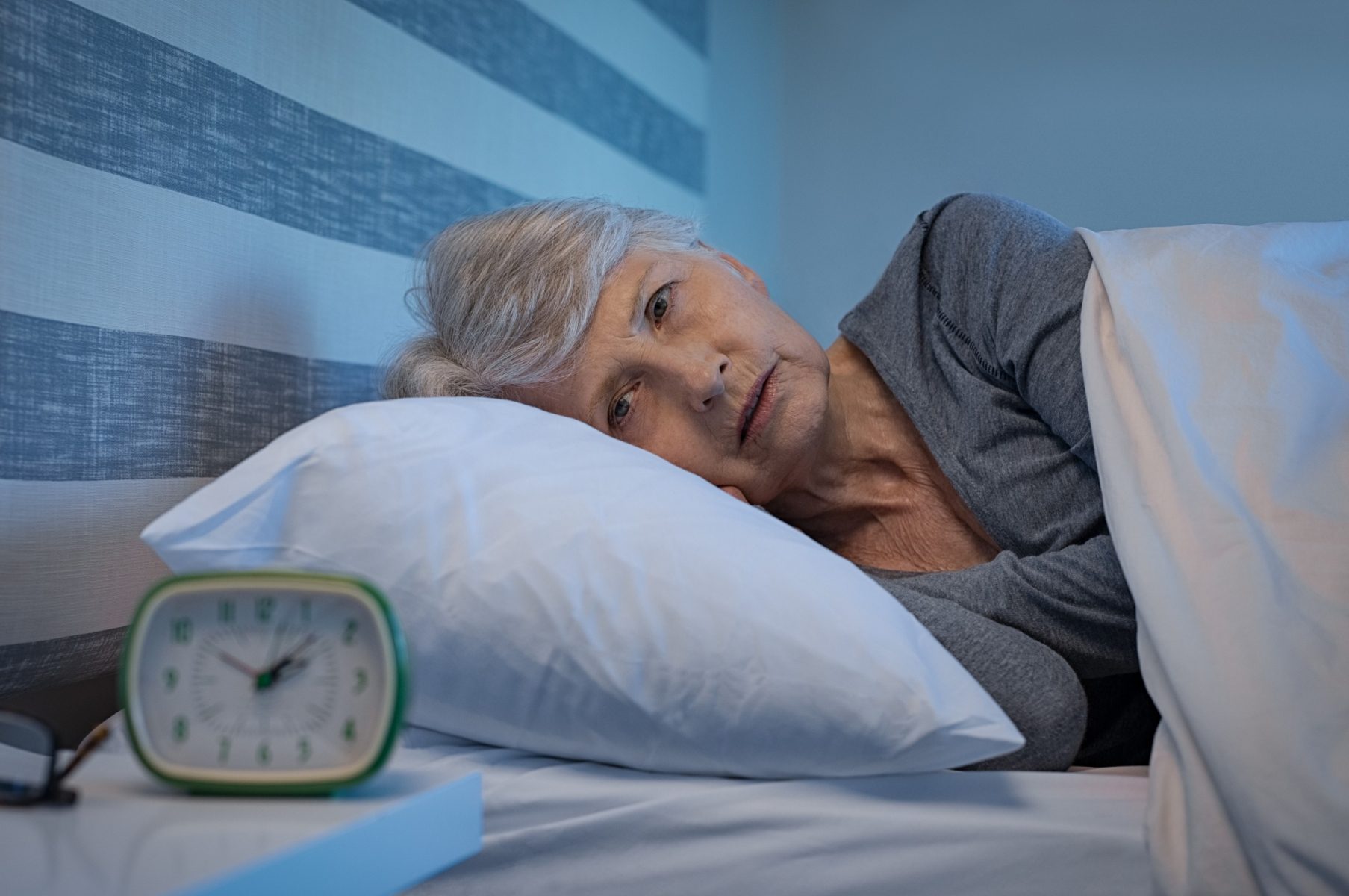
How to Build Strong Relationships Between Seniors and Caregivers
How to Build Strong Relationships Between Seniors and Caregivers
If you’re looking for quality in-home senior care for yourself or a loved one, one of the most important factors to consider is the relationship between caregiver and client. Usually, our gut does a good job of letting us know our feelings about a person. From the first meeting, you may have a sense of comfort and easiness with the person who will be playing such an important role in you or your loved one’s life. If not, it’s perfectly OK to keep looking. When you do decide on a home healthcare agency, here are some things you can do to make sure that the relationship between caregiver and senior not only grows but thrives.
Choose the right caregiver and/ or agency
First thing’s first. You may be wondering how to go about choosing the right caregiver or agency for you or your loved one. Important factors to consider include:
Quality staff –
Affordability
Create trust
Ask for help
Work on good communication
Avoid micromanaging
Be patient
Ask questions
Spend time together









